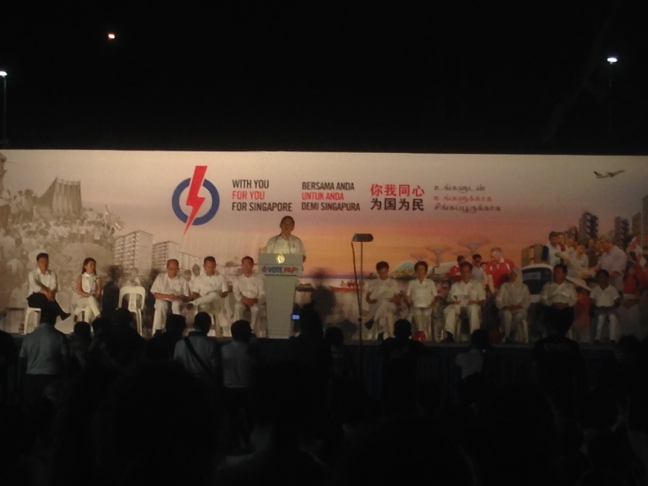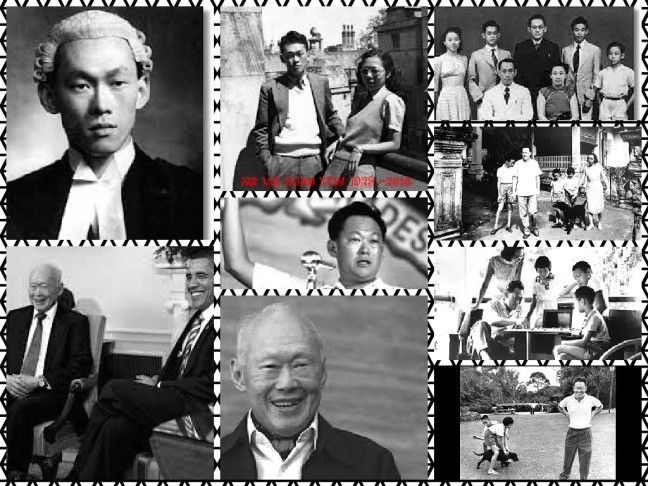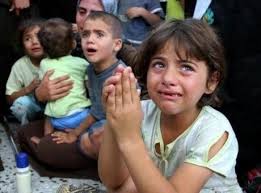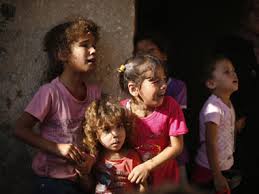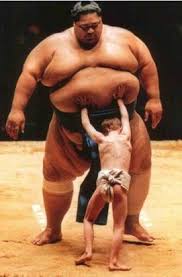I have been thinking of a couple of things that have given Singaporeans reason for joy and celebration as well as some serious introspection.
The 13 of August 2016 would be forever etched in the minds of Singaporeans. The mood among Singaporeans from all walks of life, has been rather celebratory and for good reason. Our golden boy of the swimming pool, Joseph Schooling, has penned his name firmly into the annals of Singapore’s sporting history with a breathtaking win in the 100 m butterfly event in a new Olympic record of 50.39 seconds at Rio de Janeiro, Brazil.

Many Singaporeans got up early on the fateful Saturday morning to catch the race “live” on TV and rejoiced with him and his elated parents, May and Colin Schooling, as they witnessed years of strenuous, unforgiving training, sacrifice and unshakeable self-belief pay off in Joseph achieving Singapore’s 1st ever gold medal in the Olympics.
What made this win significant as well was Joseph beat his childhood idol, Michael Phelps of the U.S. into second place by almost a second. Two other world class swimmers, Chad Le Clos of South Africa and Lazslo Cseh of Hungary tied with Phelps in second place which in itself was very unusual.

The welcome home party at Singapore’s Changi Airport was raucous and overwhelming. A special motion was moved in Parliament to recognise Schooling’s achievement, culminating in an open top bus parade which started off from his home neighbourhood at Marine Parade.
Source: Channel News Asia: Joseph Schooling is Singapore’s First Olympic Champion
Singaporeans of all races, religions and backgrounds took pride in Schooling’s amazing achievement and were unabashed in their joy and gushing with praise for their champion. The fact that Schooling is of Eurasian descent and therefore his Olympic feat finding less of an emotional connection with Singaporeans of a certain race was never an issue. Singaporeans, no matter the race – Chinese, Malay, Indian, Eurasian or any other race – were equal in their expression of joy that a fellow homegrown Singaporean was able to achieve Olympic glory.
So you can understand my uneasiness when I read the media reports this past week on the findings of the Channel News Asia-Institute of Policy Studies survey on race and relations in Singapore.
Among the main findings were some that I found personally disconcerting. Some of these are the fact that the majority of Singaporeans are still uncomfortable talking about racial issues which has led to some unanswered questions about religious and cultural practices among the various races in Singapore.
One in three among the minority races in Singapore felt discriminated against. More than half of minority respondents in the survey agreed with statements such as “people have acted as if they are better than you”. About 60 per cent of all respondents had heard racist comments. Under half of the respondents noting that such comments were made by workplace colleagues and friends. [Source: CNA 2nd Report – Racism Still A Problem for Some Singaporeans]
And in the last of the CNA-IPS reports, the survey concluded that most Singaporeans would still prefer a President or Prime Minister of the same race as themselves. [Source: CNA 3rd Report – Most Singaporeans Want Someone of the Same Race As Prime Minister, President]
However, the majority still supported multi-culturalism in Singapore and that all races should be treated fairly and with respect. The majority still felt that success did not depend on your ethnicity.
While race relations in Singapore is still a work-in-progress (and will always be in my view), it is good to note that the government is acutely aware of this and continues to seek ways to bridge gaps between the races here.
In any multi-ethnic, multi-religious country, the natural sway is for the majority group to exert its influence in the country’s political, social and economic sectors. It may even be argued that the minority groups have to make the effort to fit into these sectoral constructs as best they can so that they do not become irrelevant or marginalised.
However, the Singapore government has so far, not taken this for granted and has deliberately taken steps to ensure the minority groups are engaged and their concerns are heard and inter-ethnic bonds are continually strengthened.
But I sense there is a renewed urgency among the political elite to up the ante where improving race relations here is concerned. There is a new Channel News Asia documentary called Regardless of Race presented by none other than PAP MP, Minister of State, Communications and Information & Education and Chairman of OnePeople.SG, Dr Janil Puthucheary
The documentary featured a social experiment that was carried out which though simple in its aim and logic, turned out to be rather impactful in its revelation to the participants. You can check it out in the video link below:
REGARDLESS OF RACE – SOCIAL EXPERIMENT
What was revealing was that members of the minority races were surprised to find how much they underestimated their own feelings of being undervalued because of their ethnicity and how the majority race (Chinese) have never viewed themselves as being privileged just because of their race even if that is the reality in Singapore. A simple but stark illustration of this is to hear how Chinese Singaporeans felt discriminated or slighted while being in a foreign country either as a tourist or for work purposes, where they are not the majority race. The incidents they experienced are not very different from what minorities in Singapore may face.
I personally believe our Singapore youths can do much more to learn about the various ethnic groups in Singapore and to differentiate race from religion, ethnicity, language and nationality. So an Indian man may not necessarily be of the Hindu faith, may not necessarily have a beef restricted diet, neither does he necessarily have to speak Tamil, nor does he have to be born in India. And yes, he need not necessarily be dark-skinned, even though the majority are.
Perhaps the best illustration of understanding the nuances of race, ethnicity, language and nationality was the recent Olympics. In table tennis, China showcased its dominance in the event in a startling manner, not just because it swept the gold in the men’s, women’s and doubles events. China-born players represented 21 other countries, including France, Luxembourg, Canada, Germany, Austria, Portugal, Congo, Qatar and Singapore, in the event.
Being Chinese meant little to them compared to the flag they represented. They fought hard to win and to represent their country with pride. And their countrymen cheered and supported them whole-heartedly. There are just some things that transcend race, religion and ethnicity. Joseph Schooling showed us all what that was. And that is being Singaporean.



